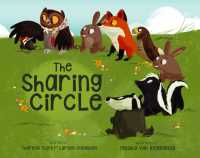- ホーム
- > 洋書
- > 英文書
- > Business / Economics
Full Description
This is the first book to explore the dynamics of family business from a knowledge management perspective. It integrates the literature from family business, entrepreneurship, industrial psychology, and knowledge management.







